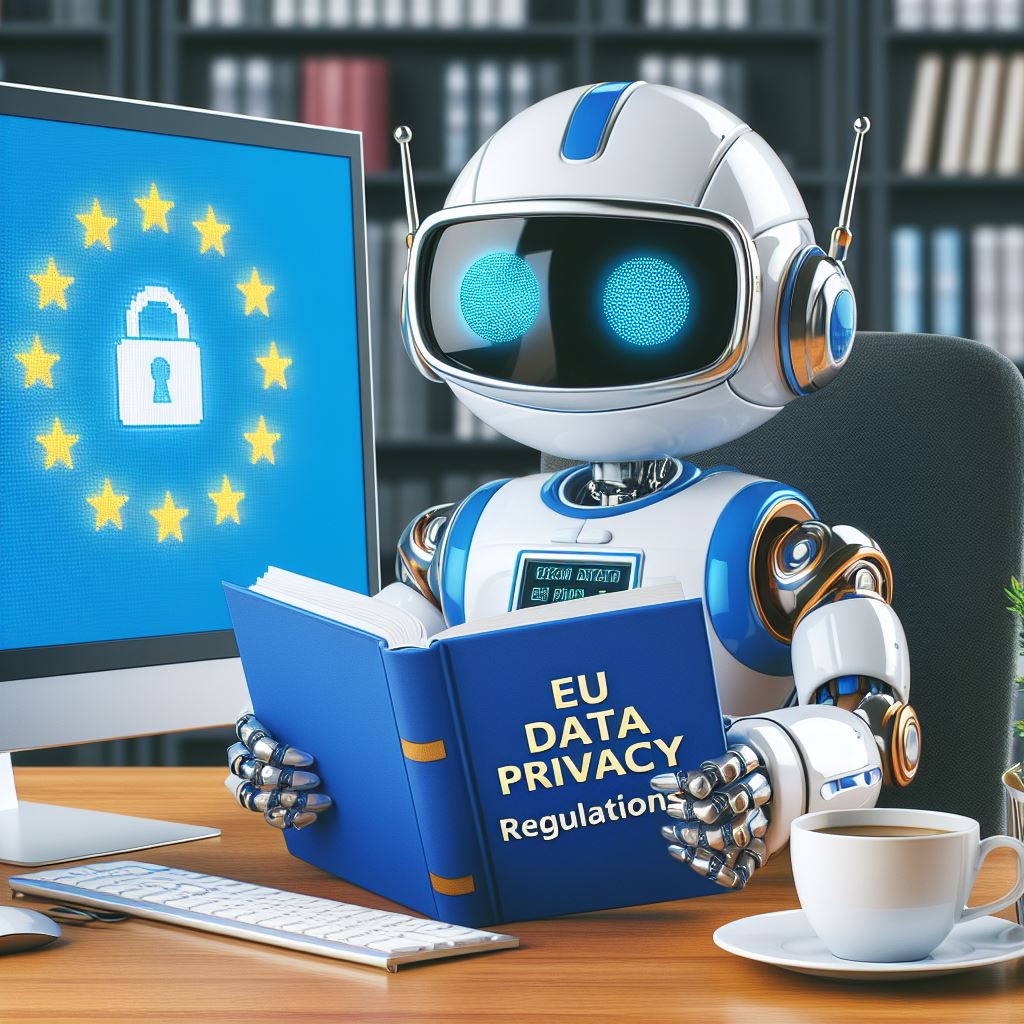KEY HIGHLIGHTS
- Transparency vs. Data Accuracy: While OpenAI has made efforts to improve transparency to prevent misinterpretation of ChatGPT’s outputs, the European Data Protection Board (EDPB) report highlights that these measures are insufficient to meet the EU’s stringent data accuracy standards, a core requirement of the General Data Protection Regulation (GDPR).
- Inherent AI Limitations: The report underscores that the probabilistic nature of AI models like ChatGPT can lead to biased, incorrect, or fabricated outputs. Users often perceive these outputs as factually accurate, posing significant risks, especially when the information pertains to individuals.
- Ongoing Investigations and Regulatory Implications: Various national privacy watchdogs across EU member states are conducting ongoing investigations into ChatGPT’s compliance with GDPR. The EDPB’s findings indicate that more robust measures are needed to ensure data accuracy, which will influence future regulatory frameworks and AI development practices in Europe.
The European Union’s data protection watchdog has recently released a report, released on 24th May 2024, that scrutinizes the compliance of OpenAI’s ChatGPT with EU data accuracy standards. The task force, set up by the European Data Protection Board (EDPB), expressed significant concerns regarding the factual accuracy of the outputs generated by ChatGPT, indicating that OpenAI’s current efforts fall short of meeting the stringent requirements established by EU data rules.
Background and Transparency Efforts
In response to rising concerns about the accuracy and reliability of AI-generated content, particularly from widely used services like ChatGPT, the EDPB established a task force in 2023. This move was spearheaded by Italy’s data protection authority after it raised alarms about potential privacy and accuracy issues with ChatGPT. The task force aims to ensure that AI services comply with the General Data Protection Regulation (GDPR), a cornerstone of EU data protection laws.
OpenAI has made strides to enhance transparency, aiming to prevent users from misinterpreting the outputs of ChatGPT. These measures include clearer disclosures about the probabilistic nature of AI responses and efforts to clarify that the generated content may not always be factually accurate. Despite these improvements, the EDPB report underscores that transparency alone does not suffice. Compliance with the GDPR’s data accuracy principle requires that the information provided by AI systems must be correct and reliable.
The Probabilistic Nature of AI and Data Accuracy
One of the critical issues highlighted in the EDPB report is the inherent probabilistic nature of AI models like ChatGPT. These models generate responses based on patterns identified in vast datasets, which can lead to outputs that are sometimes biased, incorrect, or even fabricated. The report notes that users often perceive these outputs as factually accurate, posing significant risks, especially when the information pertains to individuals.
The EDPB emphasized that OpenAI’s current training methodologies contribute to these inaccuracies. While the AI is designed to produce plausible-sounding responses, it can also generate information that is not grounded in verified data. This discrepancy between perceived and actual accuracy is at the heart of the compliance issue identified by the task force.
Ongoing Investigations and National Concerns
The EDPB’s report is part of broader, ongoing investigations by various national privacy watchdogs across EU member states. These investigations aim to evaluate OpenAI’s adherence to multiple facets of the GDPR, including the legality of data collection practices, transparency, and, crucially, data accuracy. The EDPB report serves as a preliminary finding, reflecting a common understanding among national authorities, but it does not yet provide a full description of the investigations’ outcomes.
Italy’s initial actions against ChatGPT in 2023, which included a temporary ban on the service, highlighted the serious nature of these concerns. Italy’s data protection authority reinstated ChatGPT only after OpenAI committed to meeting specific demands, including enhanced transparency and age-verification measures. However, the EDPB report suggests that these steps, while positive, are insufficient to fully address data accuracy issues.
The Implications for AI Development and Regulation
The findings of the EDPB task force have significant implications for the future of AI development and regulation within the EU. Ensuring compliance with data accuracy standards is not just a technical challenge but also a legal and ethical one. AI developers must implement robust measures to verify the accuracy of the information their systems generate, especially when such information can influence decisions or affect individuals’ lives.
For OpenAI and other AI developers, this means a potential overhaul of current training and validation processes to align more closely with EU regulations. It also underscores the importance of ongoing dialogue and collaboration between AI developers, regulators, and stakeholders to develop frameworks that ensure both innovation and compliance.
Conclusion
The EDPB’s report is a crucial step in the ongoing effort to align AI technologies with the stringent data protection standards of the EU. While OpenAI has made commendable efforts to enhance transparency, the challenge of ensuring data accuracy remains significant. As national regulators continue their investigations, the outcomes will likely shape the regulatory landscape for AI in Europe, setting precedents for how AI services must operate to protect user data and maintain public trust.
In summary, the path to compliance with EU data accuracy standards for AI systems like ChatGPT is complex and multifaceted. It requires not only technological advancements but also robust regulatory frameworks and proactive engagement from all stakeholders involved in the AI ecosystem.
References:
- https://economictimes.indiatimes.com/tech/technology/eu-data-protection-board-says-chatgpt-still-not-meeting-data-accuracy-standards/articleshow/110412222.cms
- https://www.google.com/search?sca_esv=8870e14de2d74e2a&sca_upv=1&rlz=1C1VDKB_enIN1106IN1106&sxsrf=ADLYWIJQvpcNYITGG2U4b4Cm34iCHFIfNQ:1716805246261&q=EU+data+protection+board+says+ChatGPT+still+not+meeting+data+accuracy+standards&tbm=nws&source=lnms&prmd=nvisbmtz&sa=X&ved=2ahUKEwiO_uf2za2GAxUmwzgGHcM6B_4Q0pQJegQIEBAB&biw=1280&bih=585&dpr=1.5
- https://www.gadgets360.com/ai/news/chatgpt-data-accuracy-standards-eu-data-protection-board-5741003
- https://www.marketscreener.com/quote/stock/MICROSOFT-CORPORATION-4835/news/EU-data-protection-board-says-ChatGPT-still-not-meeting-data-accuracy-standards-46817935/
- https://www.siliconrepublic.com/machines/chapgpt-openai-compliance-eu-data-accuracy-standards
- https://www.gizchina.com/2024/05/25/chatgpt-data-accuracy-edpb-report/
- https://www.msn.com/en-xl/money/tech-and-science/eu-data-protection-board-says-chatgpt-still-not-meeting-data-accuracy-standards/ar-BB1mYK74?ocid=finance-verthp-feeds

